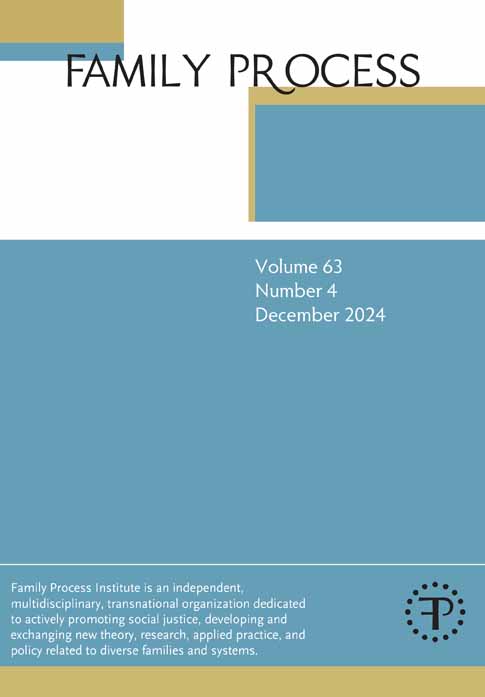How adult children of incarcerated parents experience ambiguous loss
Abstract
Families can experience grief when they lose a loved one to incarceration. Although there has not been a death, the removal of a family member from day-to-day life and the uncertainty and stigma surrounding incarceration pose major challenges. We applied consensual qualitative research methods to understand the unique grief experience that adult children have when a parent is incarcerated. Our findings elaborate on the impacts of the loss, the complicating factors of stigma and disenfranchisement, as well as how individuals have made meaning and pursued healing from this experience over time. Impacts included changes to member roles within the new family structure and difficulty forming secure bonds with peers. Participants characterized stigma toward their parent as extending to themselves and complicating their ability to openly miss their parent or process complicated reactions to the incarceration. Despite systemic challenges, participants set their personal life goals and used a combination of problem-focused coping and distancing themselves from the incarceration to successfully manage the loss. Consistent with these findings, mental health professionals serving this population can validate incarceration as a loss, repair ambiguity in family roles, develop an accepting therapeutic relationship that reduces perceived stigma, and identify possibilities for activism.




